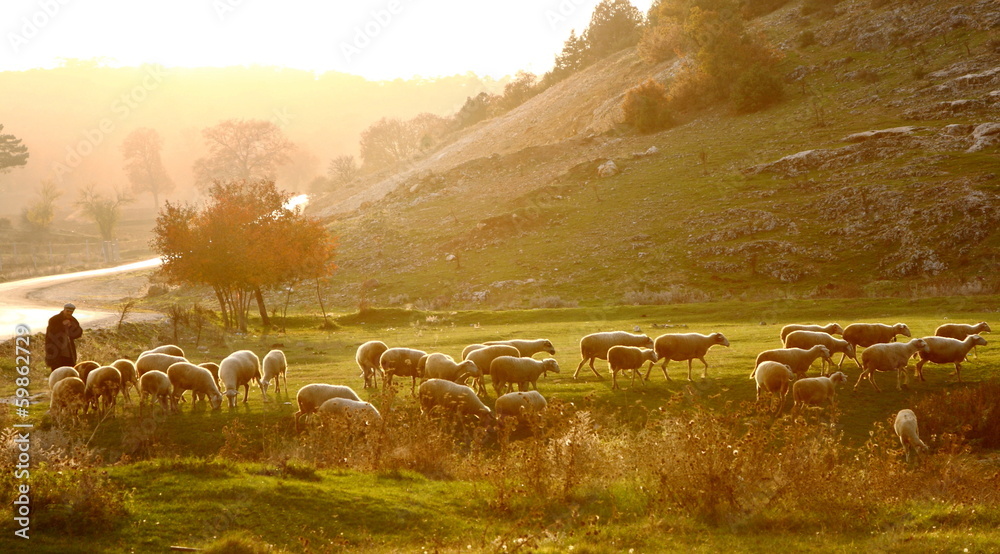
"For the people who walk in darkness," wrote the prophet Isaiah, "will see a great light (Isaiah 9:1)." Isaiah speaks of Messiah, the one who would come to illuminate an Israel darkened by disappointment, abandonment, and sin. He speaks of the Christ (the Messiah, "the anointed one") who would enlighten and save all those who longed for him. He speaks of the light that would come.
On the third week of Advent, we remember this fact of Messiah's light. We remember how, like the rising sun exploding over a frigid mountain ridge, Messiah--Jesus--has brought us light, the light of enlightenment, the light of hope and meaning that shines through the cold of an often Munchian existence. It is a light that, if we embrace its rising, embrace it as fervently and without reservation, will change our lives forever.
Though we may struggle with the idea of eternality, though we may question the presence of God, we all long for light. We all long for hope and meaning. We all long for a window into a richer existence.
In an accidental universe, however, richness is impossible, for value and morality cannot be. Only in the light, the light of transcendence, a transcendence made known in Jesus, Jesus the image and person of God, can hope likewise be.







